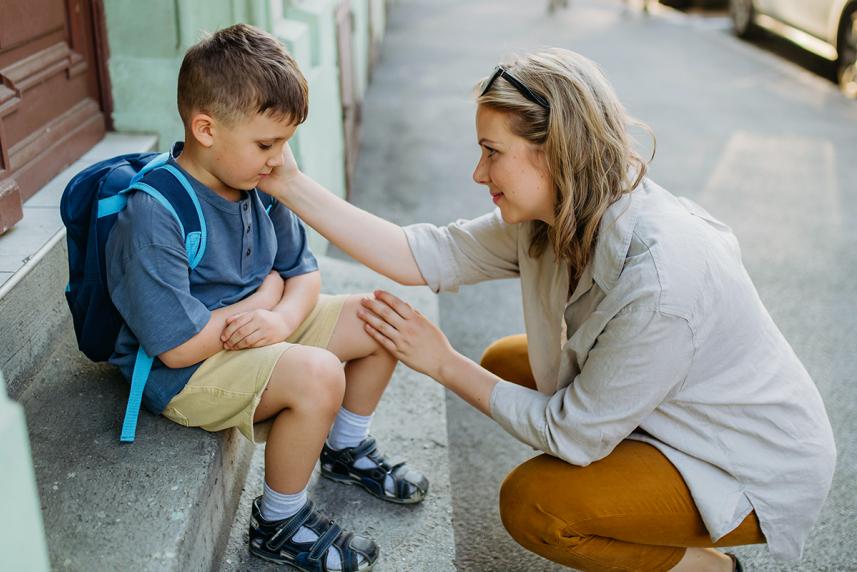Bullying can exist in many forms. Here’s how families can deal with bullying in schools.
What is passive bullying?
Passive bullying occurs when someone intentionally or unintentionally excludes an individual. For example, excluding Rudolph the Red-Nosed Reindeer from the “reindeer games” was one form of intentional passive bullying. During Valentine’s Day, people experience passive bullying when their peers receive Valentine’s cards, gifts or flowers but they do not, as they are left out of the Valentine’s celebration. Passive bullying occurs because the people involved are not considering the way that those around them feel.
Kids often don’t tell adults about bullying because they feel embarrassed, ashamed, or confused. However, they might be more expressive during this time and hint towards being bullied by another. Based on this, they may not want to give a Valentine to a particular classmate. Or they might worry that classmates won’t include them.
What to do if a child talks about being bullied?
Having a child turn to you about being bullied is a very emotional and tough position to handle. It’s important to practice effective listening and avoid asking questions like “what did you do to cause it?” You also don’t want to interrupt, criticize, or minimize what your child has experienced. Instead, focus on what is being said. It also helps to make these six encouraging statements to your child:
“It Took Courage to Tell Me”
Sometimes, kids keep silent because they are worried that reporting bullying will cause it to get worse. Other kids are worried about an adult’s response. For instance, they question whether adults will do anything about the bullying. And they worry that they will be encouraged to fight back when they are too scared to do anything. As a result, it’s important to praise your child for speaking up about the bullying. Acknowledge how difficult it is to talk about it. Reporting bullying is not only brave but also the best way to overcome bullying.
“This Is Not Your Fault”
Sometimes kids feel like they did something to cause the bullying. Telling an adult just deepens their embarrassment and shame. Remind your child that bullying is a choice the bully makes and that the responsibility for the bullying lies with the bullies. Also, be sure your child knows that bullying happens to a lot of people, but together you are going to figure out what to do.
“How Do You Want to Handle It?”
Asking your child how to handle the bullying demonstrates that you trust your child’s decisions. It also empowers your child to move out of a victim mentality and develop a feeling of competency again.
“I Will Help You”
While teaching your child problem-solving skills is important, do not delay contacting school officials, especially if your child has been threatened or physically harmed, or the bullying is escalating. It’s also important to bring school personnel into the loop even when it is relational aggression. All types of bullying have consequences and any delay in getting outside help could make things worse for your child.
“Let’s Keep This From Happening Again”
Getting your child to move beyond bullying incidents and think about the future is key. Aside from practical advice like walking to class with a friend or eating lunch with a buddy, have your child identify where the bullying hot spots are in the school. If possible, your child should avoid these areas. Additionally, get your child involved in outside activities and find things that will build self-esteem. Also, listen to your child about what might work. Then, do your best to help put those ideas into action.
“Who Has Your Back?”
This may sound like a silly question, but when it comes to bullying, your child’s peers can do a lot to help prevent future bullying incidents. Research has shown that friendships help prevent bullying. Get your children to think about the kids they can count on at school. Remember, the compassion you show towards children being bullied will help them cope with the situation and feel loved.

